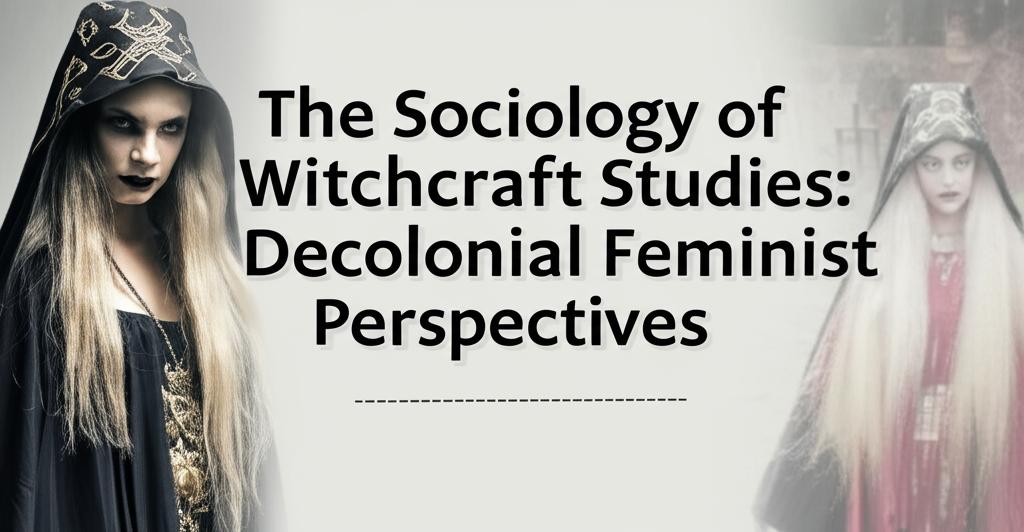The study of witchcraft is undergoing a significant transformation, increasingly viewed through the lens of decolonial feminist perspectives. This approach challenges traditional, often Eurocentric and patriarchal, narratives surrounding witchcraft, reframing it as a site of resistance, suppressed knowledge, and a powerful critique of oppressive systems.
A key aspect of this evolving understanding is the decentering of European witchcraft histories and a move away from exoticizing or pathologizing witchcraft in the Global South. Instead, the focus is shifting to amplify the voices and experiences of those who identify as witches or are labeled as such, particularly in Latin America, Asia, Africa, and Oceania. This perspective recognizes that witch accusations and persecutions are not merely relics of the past but continue to be a contemporary form of violence and social control, disproportionately affecting women and marginalized communities.
Decolonial feminist analyses highlight how practices historically demonized as witchcraft—such as herbalism, midwifery, and other forms of traditional healing—often represented autonomous forms of knowledge and power, existing outside of state and capitalist control. By labeling these practices and their practitioners as "witchcraft," colonial and patriarchal powers sought to suppress them and consolidate their own authority.
Furthermore, this perspective examines the figure of the witch as a potent symbol of feminist and decolonial resistance. The witch, whether a historical figure or a contemporary identity, often embodies defiance against gender norms, patriarchal structures, and colonial domination. The reclaiming of the term "witch" by some feminists is seen as an act of empowerment, a means to challenge gendered violence and oppression.
Contemporary scholarship in this area also emphasizes the intersectionality of witchcraft accusations, noting how they often target poor women, Indigenous women, aging women, and LGBTQ+ individuals—those who challenge existing social hierarchies. The ongoing "witch hunts," both literal and symbolic (such as online trolling and public shaming campaigns against outspoken women), are understood as mechanisms to silence dissent and maintain established power structures.
This decolonial feminist approach also critiques the commodification of witchcraft in the Global North, questioning whether popular "witchy vibes" translate into genuine respect for women's knowledge, labor, or an understanding of the ongoing struggles faced by those accused of witchcraft in the Global South. It calls for a more critical engagement that acknowledges these global disparities and works towards a more holistic and just understanding of witchcraft and its complex social, political, and cultural dimensions.
The development of "feminist witch studies" as a new interdisciplinary field aims to bring together scholars, practitioners, and scholar-practitioners to explore these critical perspectives. It seeks to upend white supremacist, colonial, and patriarchal knowledge regimes by centering the lived experiences and theoretical contributions of those often excluded from mainstream academic discourse. This approach not only reinterprets the past but also offers a framework for understanding contemporary power dynamics and advancing social justice.

